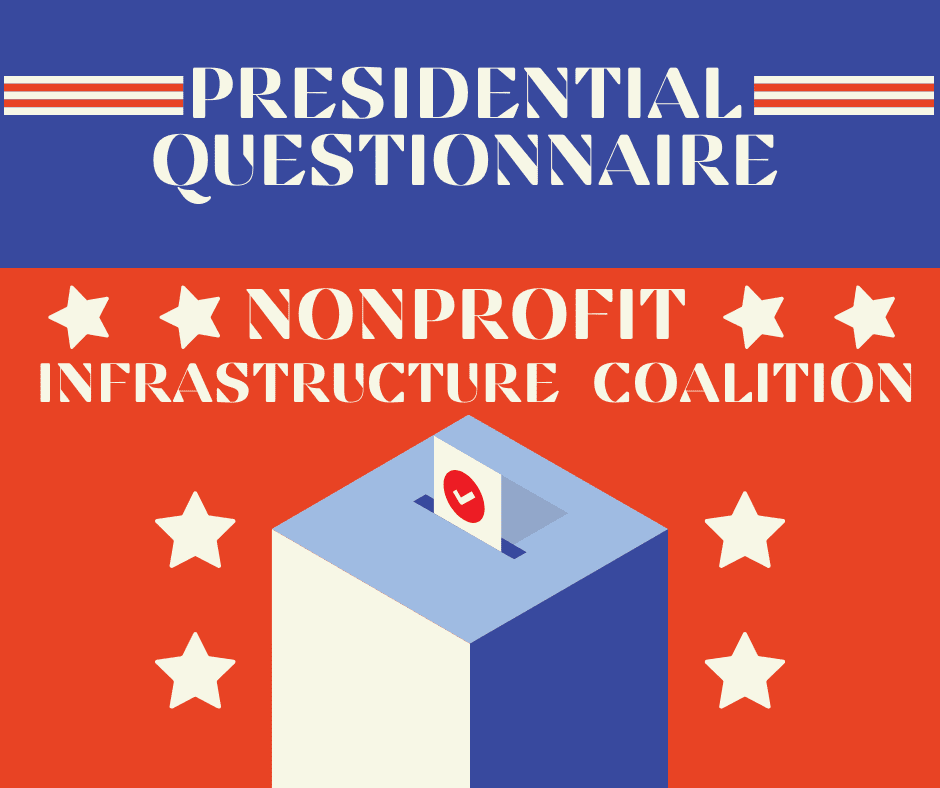Both Rogers and David Bosworth (see The Cultural Contradictions of Philanthrocapitalism) critique the way philanthrocapitalists are able to ‘monopolize’ the market due to the vast policymaking and agenda-setting privileges of the ‘new global elite.’ Both authors contend that the concentrated wealth of a few individuals who select and fund global social initiatives is analogous to global public policymaking. They further argue that given the status of these wealthy individuals, philanthrocapitalists lack the constraints and accountability mechanisms typically applied to nonprofits organizations. Their critiques not only broaden understanding of philanthrocapitalism, but offer careful analyses of the strengths and weaknesses of this new model of philanthropy.
Rogers differentiates and explains the relationship between philanthocapitalism and philanthro- policymaking. To illustrate how these terms differ, Rogers describes philanthrocapitalism via the Giving Pledge, the voluntary commitment of a group of billionaires to devote a substantial portion of their wealth to charity. And, she describes philanthro-policymaking via the Good Club, a gathering in which the super- wealthy assemble to identify social problems toward which they should combine and thus amplify their charitable efforts.


